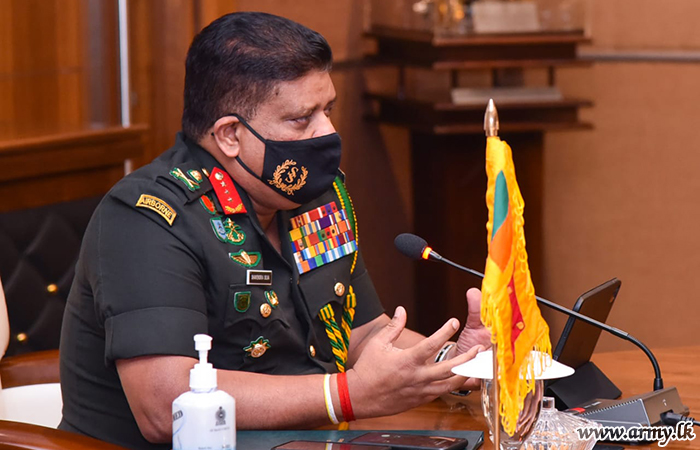As another British MP, Virendra Sharma, demanded sanctions on Sri Lanka’s war crimes accused army commander Shavendra Silva, Vicky Ford, Parliamentary Under-Secretary for the Foreign, Commonwealth and Development Office reproduced the government’s tired response that they could not “speculate on future designations”.
Ford’s tight-lipped response comes amidst the 49th UN Human Rights Council session during which the UN High Commissioner urged member states to act by imposing sanctions on Sri Lankan officials implicated in serious war crimes and by pursuing prosecutions under the principle of universal jurisdiction. Despite these repeated calls from UN officials, human rights organisations, and Tamil survivor communities, Britain’s response remains stagnant. The US has already displayed that there is ample evidence to sanction Silva and other officials guilty of war crimes perpetrated against Tamil civilians. To this day, Britain has not imposed a single sanction on a Sri Lankan government or military official, a decision which Shadow Asian Minister, Stephen Kinnock, describes as a “moral failing”.
Ford maintained that the UK “led international efforts to promote accountability and human rights in Sri Lanka”, including the passage of UN Resolution 46/1. She added that the government would continue to “seek increased accountability and respect for human rights, including through activities funded under our Conflict, Security and Stability Fund programmes”.
In October 2019, when questioned on how the “£10.75 million that has been allocated to Sri Lanka from the Conflict, Stability and Security Fund over the next three years [would] be disbursed” Conservative MP, Heather Wheeler, responded noting that support would be granted in six areas. These are “peacebuilding, de-mining, policing, defence, corruption and cross-party reconciliation”.
#timetosanction #lka generals says .?@Siobhain_Mc? in uk parliament - design by ?@T_E_M_P_L_O? pic.twitter.com/GyboJ9koNr
— ITJP (@itjpsl) January 25, 2022
“What more evidence does the foreign secretary need,” asked MP for Mitcham and Morden, Siobhain McDonagh, when urged the government to impose sanctions on Silva in January to which the Minister for Asia, Amanda Milling, repeated the government’s position that they would not “speculate about future sanctions”. Whilst refusing to comment on potential sanctions, the government has recognised the detailed reporting of the International Truth and Justice Project which the organisation claims contains “more than enough evidence” to charge Silva with war crimes and crimes against humanity.
Read more here: #TimetoSanction campaign calls for bans on Sri Lankan generals
Shavendra Silva led Sri Lanka's notorious 58 Division during the final stages of the armed conflict which oversaw a litany of human rights abuses including summary executions; the shelling of hospital and food lines; the white phosphorus against civilians; rape and sexual violence; and enforced disappearances.
The Johnson administration has been criticised over its commitment to human rights with leaked audio showing the former Foreign Minister’s willingness to overlook countries’ human rights records to further trade.
“The Johnson government has already shown its willingness to trade of Britain’s centuries-old reputation for upholding the rule of law to meet a narrow and short-term interest,” writes Lord Peter Rickets, a retired senior diplomat and a life peer, in his book “Hard Choices: What Britain does next”.
Read the full exchange between Sharma and Ford here.

